Product Design
|
Powerful Knowledge |
|
Studying design and technology at A level strengthens students’ critical thinking and problem solving skills within a creative environment, enabling them to design, develop and make prototypes/products that solve real world problems.
The Principles of Product Design
Problem Solving in Product Design
Iterative Design Project (NEA) Students undertake a substantial design, make and evaluate project centred on the iterative process of explore, create and evaluate. Students identify a design opportunity or problem from a context of their own choosing, and create a portfolio of evidence in real time through the project to demonstrate their understanding and application of design knowledge and process. |
|
Literacy |
|
Key Terms and vocabulary- imperative for examination
Anthropometrics, ergonomics, culture, Inclusive design, percentile, throwaway society, user experience design (UX), user interface design. Batch production, bespoke,branding, ethical design, human factors, inbound marketing, inclusive design, initial concept, manual system, marketing, marketing mix, outbound marketing, penetration pricing, planned obsolescence, price skimming, primary research, PCB, disassembly, lifecycle, secondary research, standardised components, trend forecasters, user diversity Additive fabrication, emerging technologies, evolution of products, innovation, iterative, invention, patents, iconic, enterprise, fast fashion. Market penetration, pricing strategy, opinion leaders and followers,social media marketing (SMM), USP Biopolymers, deforestation,ecological footprint, internet of things (IoT), LCA, mechanical properties, social footprint, social impact, synthetic material. Design for disassembly, eco-materials, ethical trade, fairtrade, globalisation, lead time, marketability, optimisation, upcycling, bias Copyright, design rights, intellectual property (IP), logistics, patents,registered design, trademark Exploded view, isometric, lay plans, mathematical modelling, perspective drawing, schematic drawings, sketch models, system diagram, tolerance, generative design. Analogue,collaboration, Critical path analysis (CPA), Digital signal, Gantt, scrum,Six Sigma,systems thinking. Composite, conductor,electrochromic, ferrous, galvanising, geotextiles, hydrophilic,hydrophobic, insulator, oxidisation, phosphorescent, photochromic, plasticity, thermochromatic, toile, smart materials, staple fibres, yield point, tactile, Young’s modulus. Anodising, feasibility study, reinforcing, sacrificial parts, stiffening, structural integrity, triangulation, sublimation, electroplating, actuators, viscosity. Basic machine principle, efficiency, gear ratios, mechanical advantage, power, torque, dynamic force, static force. Inventory, Just in time (JIT), lean manufacture, modular /cell production system, repetitive flow production, standardised components, direct digital manufacture (DDM), total quality management (TQM) Colour fastness, critique, destructive and non destructive testing, tolerance, viability. Control measures, COSHH, Health and Safety at Work Act (1974)
Many of the terms/vocabulary are the same as GCSE, but require more depth of understanding and application.
Mathematics weaves through the course with the examination containing 25% maths based questions.
|
|
School Context |
|
Appreciation of how the region sits with regard to industry and industrial links. Students encouraged to see the positive and negative aspects of ‘Design’ in its broadest sense in the region
Specialist industries- Offshore renewable energy hub in the region.
F1 hub and specialist ‘feeder’ industries in the region.
Links to mainland Europe from this region |
|
Assessment |
|
Design: Principles of product design (written paper 80 marks) = 26.7% of A Level Problem solving in Product design (written paper 70 marks)= 23.3% of A Level
NEA Iterative design portfolio (e-portfolio) 100 marks = 50% of A Level
|
|
Careers |
|
Education-industrial links give an insight into industry.
Information on further education options and career advice within the Design Technology displays within the department.
Advice and knowledge passed down from the teacher. Visual examples of work by older students at A Level.
Various jobs within the Design Technology/Hospitality and Catering sector discussed when looking at various Designers and types of design work within projects.
|






